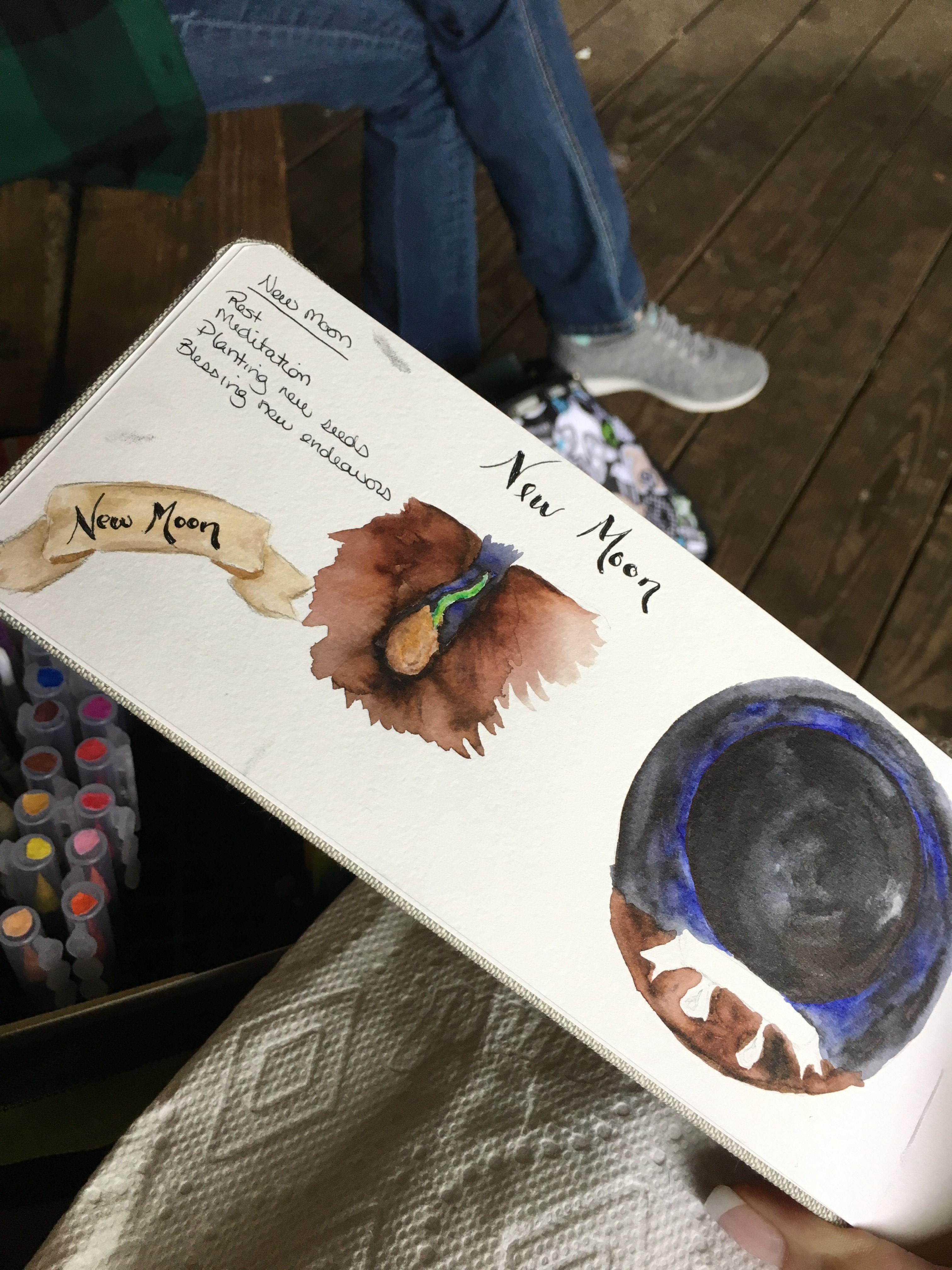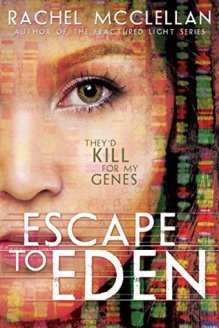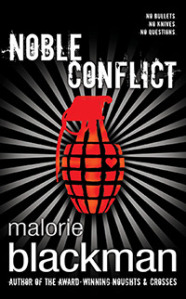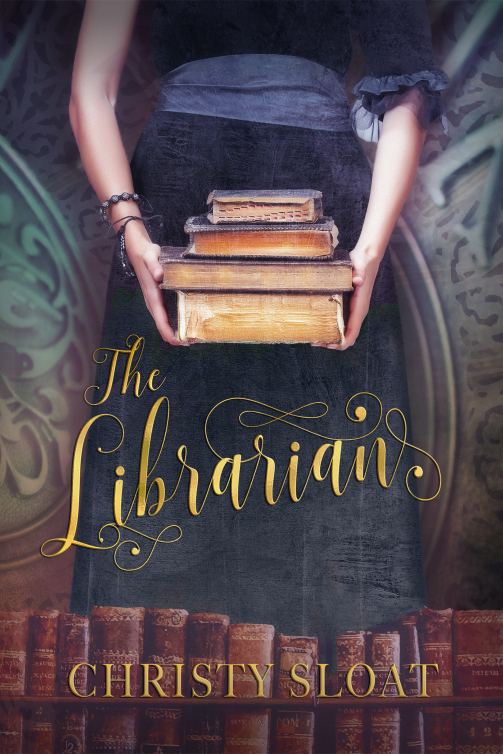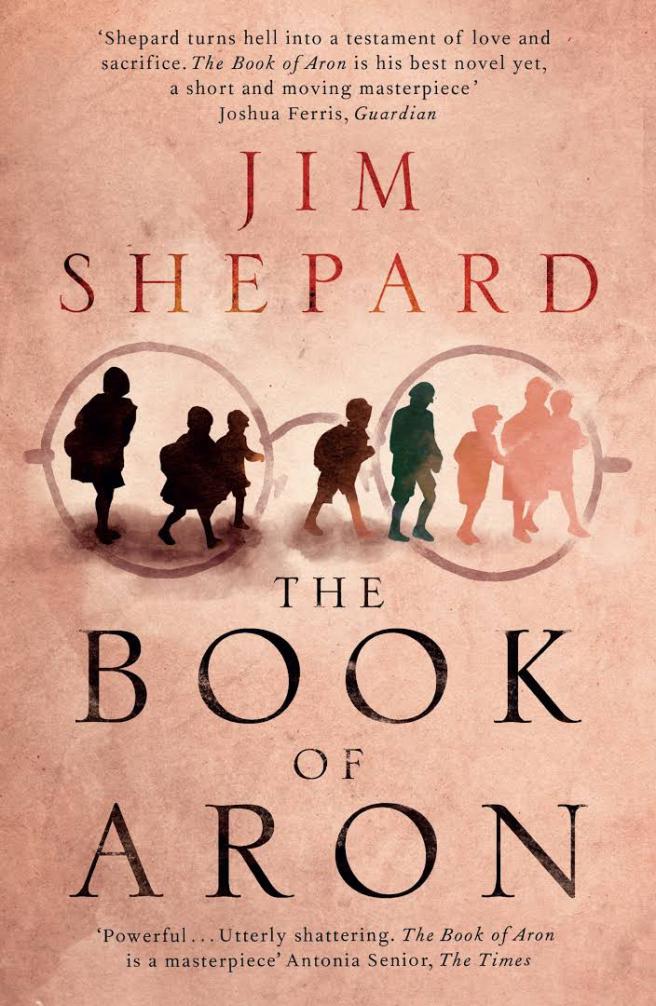
‘Aron is a nine-year-old Polish Jew, and a troublemaker. His mother despairs of him. His father beats him. He tries to be good. But in 1939, as the walls go up around the Jewish Ghetto in Warsaw, as lice and typhus rage, families starve and fight, it is Aron who finds a way- however dangerous, however treacherous, to survive, It isn’t until he lands at the feet of Janusz Korczak- orphanage director and reluctant hero- that he learns of something greater than survival.’
Sometimes you read a book that is so good that can’t help but berate yourself for all the time it sat idly on your shelf before you actually picked it up. This book definitely falls into that category for me. Although The Book of Aron is only a small book of little over 240 pages it is one that packs one hell of a punch and will undoubtedly stay with you. Set against the backdrop of Nazi Germany’s invasion of Poland and the tyrannical takeover of Warsaw and the creation of the Jewish Ghetto, this novel takes a bold new look at the children of the Ghetto and how they survived and helped their families when the walls went up around them.
For me, this is one of the most brilliant things about this book that makes the story work so well. You cannot blame children when you hear about the things they do to survive, smuggling and giving the Jewish police and German authorities information. They are only children, and, like the young boy Aron that this story focuses on, rarely fully understand or foresee the potential consequences of their actions. In this dire situations you must do what you can to survive, but we often forget this when these actions come from adults as you feel, morally, they should have made some effort to help others and not just themselves. It is easy to read a book where a Jewish man joins the Jewish police in the Ghetto and to condemn him when he sells out his own people to be shot or sent to gas chambers, from the comfort of your own home, but not so when that character is a child. This made the book so much more effective and interesting in my eyes, forcing the reader to confront the reality of the situation and the moral grey areas that such cruelty and hardship inevitably bring up. Morality and ‘the right thing’ are so rarely clear cut, especially when its no longer hypothetical.
The secret to why this book is such a brilliant and moving piece of work might also lie in its exploration and celebration of Janusz Korczak, a children’s doctor who looked after the orphans of Warsaw and starred as the main hero of the novel. Korczak, a man whose sole duty in life was to protect and help his hundreds of young charges, was a stark contrast to all other characters in the novel as, no matter how dishevelled and hellish life in the Ghetto became, he continued to shine as a beacon of hope and charity to all. He looked after all of the children he came across as well as he could and, when he was offered numerous chances to escape the Ghetto and get out to safety, he refused, stating clearly that unless they could get all of his children out with him so he could continue to care for them, he wouldn’t leave. There are many emotional moments in this novel as the Nazi’s treat human life as though it is worth less than nothing, leaving thousands to starve or die of disease and killing or gassing those few that were left, but for me the most touching was Korczak’s defiance against the idea of leaving his young charges. He refused to go as it would upset the children to think he’d left them and they were all alone in the world.
I have to be brutally honest, this is not a feel good novel. This will not cheer you up, or make you smile, and will probably not even renew your faith in humanity. What it will do, however, is remind you that no matter how terrible situations are, no matter how dire, that only makes simple acts of kindness all the more important. Simple giving a few coins to those who need it, or some food, or a kind word, may not feel like much, but even one small grain of sand in a tide of misery can mean the world to someone. Aron’s change throughout the novel, from thinking only about himself, to worrying about his mother, to thinking only of himself again when she died, finally to repeatedly doing whatever he could to save Korczak’s life was utterly beautiful to me. Aron recognised, as young and broken down as he was, that Korczak’s kindness and the hope that he represented was a light that could not be put out. It was too needed, by the children yes but, more importantly, by the world. The impact this mans spirit had on his charges was so momentous for them that it didn’t matter whether he could save the world, because he had shown them love and kindness and made sure that even in the darkest of times they knew they had someone to look after them.
It was so utterly beautiful that it made me cry with sadness, not the first time this book did that and I doubt it will be the last. I absolutely adored this book and, although it left me feeling deflated and heartbroken, I feel as though that was exactly how it should have been.



